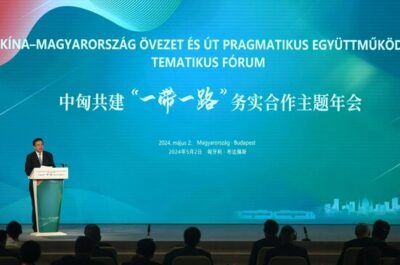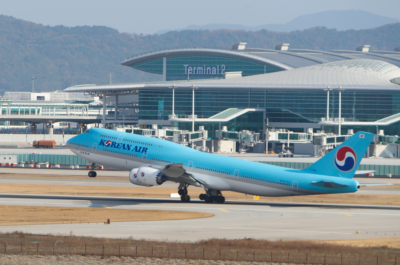On 12 February 2004, the European Community and the China National Tourism Administration signed a landmark accord that…
On 12 February 2004, the European Community and the China National Tourism Administration signed a landmark accord that will facilitate Chinese group tourism to Europe. Chinese tourists going through selected travel agencies will benefit from simplified and facilitated procedures to apply for tourist visas from the Member States of the European Union which have been granted Approved Destination Status(ADS) by China. The agreement also includes provisions allowing return of possible Chinese over-stayers. The new accord is expected to enter into force before the summer and will generate significant flows of Chinese visitors to Europe, thus boosting EU-China tourism exchanges and people-to-people contacts.
Commenting on the signature, EU External Affairs Commissioner Chris Patten said: This agreement is good news for China and for Europe. I look forward to seeing more Chinese tourists here, and I hope many will take up the new opportunity to travel. Human contacts really do make a difference, and I believe this new agreement will help Europe and China to understand each other better, as well as bringing new commercial opportunities. The next step is to deepen our co-operation on migration in all its forms.
The Memorandum of Understanding on Approved Destination Status, which was initialled during the 30 October 2003 EU-China Summit in Beijing, is the largest ADS agreement ever concluded by China and will facilitate Chinese tourist group`s access to most Member States of the European Union. With the visas given by the consular offices of these Member States, Chinese tourist groups will be allowed to freely travel within these countries. Schengen visas will be delivered by the current Schengen countries and national visas by the acceding countries until the date they are allowed to join the Schengen area.
Ireland, Denmark and the United Kingdom, which will not participate in the ADS agreement, are currently negotiating similar bilateral accords with the China National Tourism Administration.
EU consulates in China will simplify and facilitate delivery of tourism visas for groups (with a minimum of 5 persons) which will apply through designated Chinese travel agencies. China agreed to take back possible over-staying tourists according to article 5 of the agreement.
For the European Community, the Memorandum of Understanding has been signed by the European Commission`s Deputy-Director General for External Relations, Herve Jouanjean, and the Irish Ambassador in China, Mr. Declan Connolly, representing the EU Presidency. The China National Tourism Administration was represented by its Chairman, M. He Guangwei.
Thanks to the increase in living standards and gradual relaxation of travel constraints, more and more Chinese people travel abroad. Chinese outbound tourism amounted to 20 million visitors in 2003 (+22%). According to the World Tourism Organization, China could well become the number one tourist destination in the world and a major source of outbound tourism, with an estimated 100 million outbound travellers by 2020.
In 2002, 645,000 Chinese tourists travelled to the EU, whereas 1,3 million European tourists visited China. It is expected that the ADS agreement will generate significant numbers of new Chinese tourists in Europe and foster closer EU-China people to people links.
Chinese tourist groups are only allowed to travel to countries which have been granted Approved Destination Status by China. Until now, Chinese tourist groups were not allowed to travel to the EU and only individual tourism was possible with certain Member States. Other visitors travelled to the EU on different types of visas (e.g. business, family visit). To date China has signed ADS agreements with 28 countries and regions in the world.
Further reading:
Theodore is the Co-Founder and Managing Editor of TravelDailyNews Media Network; his responsibilities include business development and planning for TravelDailyNews long-term opportunities.

























































![[PR] PR_Ascott and Vimut Hospital_2024](https://www.traveldailynews.asia/wp-content/uploads/2024/04/PR-PR_Ascott-and-Vimut-Hospital_2024-400x265.jpg)







